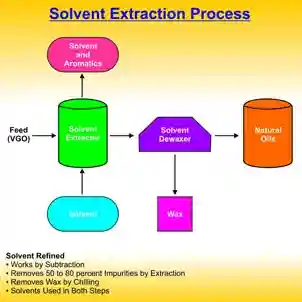Botonical Name | : | Citrus reticulata | |
CAS # | : | 8008-31-9 | |
Country of Origin | : | USA | |
Color & Odor | : | Pale yellow to orange color with @22°C typically fresh sweet and tangy odor | |
Solubility | : | Insoluble in water, soluble in alcohol and oils | |
F.E.M.A. # | : | 3041 | |
Specific Gravity | : | 0.840 to 0.854 @ 20° C | |
Optical Rotation | : | +85° to +97° @ 20° C | |
Refractive Index | : | 1.470 to 1.476 @ 20° C | |
Flash Point | : | >100°C | |
Major Constituents | : | limonene | |
Plant Part Used | : | Fruit Peel | |
Extraction Method | : | Cold Pressed |
DESCRIPTION:
Citrus reticulate tree that belongs to Rutaceae species, is the source of Tangerine Oil. This high density oil is reckoned for its pure content and high therapeutic value. CONSTITUENTS:
This aromatic oil contains compounds like citronellal, camphene, a-thujone, terpineol-4-ol, linalool, a-pinene, y-terpinolene, limonene, geranial, sabinene, nerol, myrcene and b-pinene. AROMATIC SUMMARY / NOTE / STRENGTH OF AROMA:
The middle note aroma of this oil is to some extent strong and sour, pleasant and refreshing. This oil has slight resemblance to mandarin oil in terms of its fragrance. BLENDS WITH:
Tangerine Oil can be mixed with essential oils of clary sage, bergamot, neroli, frankincense, nutmeg, cinnamon, lavender and clove. COMMON NAMES:
Tangerine Essential Oil is commonly referred as true mandarin, tangerine, European mandarin and naartjie oil. USES:
Tangerine Oil has soothing effects on nerve. This oil has wide application in pharmaceutical arena for its digestion enhancing attributes. Known for its beneficial effect on skin, this oil is effective in reducing stretch marks and in preventing fluid retention rate of human body. 


































